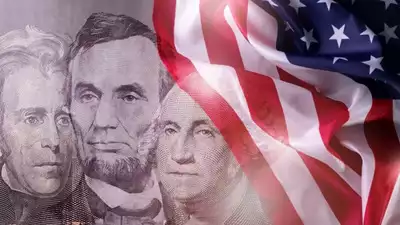Presidents’ Day, a widely recognized federal holiday, takes place every year on the third Monday of February. It’s a day to honor U.S. Presidents, particularly George Washington, the nation’s first president. While many people celebrate with a day off from work, retail sales, and even parades, the holiday has an interesting history that goes beyond its modern-day meaning.
The History Behind Presidents’ Day
The origins of Presidents’ Day date back to the 19th century, when the holiday was initially established to honor George Washington’s birthday, February 22. In 1885, Washington’s Birthday became an official federal holiday. However, the date of the celebration was adjusted in 1968 with the passage of the Uniform Monday Holiday Act. This law moved the observance to the third Monday of February each year, ensuring federal workers could enjoy more long weekends. As a result, the holiday began to be popularly referred to as Presidents’ Day, even though its official title is still Washington’s Birthday.
Though initially meant to honor Washington alone, the holiday has evolved to recognize all U.S. presidents. For many Americans, Presidents’ Day is more than just a day to remember Washington—it’s also a chance to reflect on the legacies of other influential leaders throughout U.S. history.
How Presidents’ Day is Celebrated
Presidents’ Day is a celebration that can vary depending on where you are in the country. On this day, federal government offices are closed, as are many schools, but businesses don’t always follow suit. In fact, Presidents’ Day is now associated with massive retail sales. Stores offer huge discounts on everything from furniture to electronics, making it one of the most anticipated shopping holidays of the year.
In addition to sales, some cities hold parades or special ceremonies to celebrate U.S. presidents, while schools may teach students about the history of American leadership. Some places even honor local historical figures or events in addition to the presidents.
Who Gets the Day Off?
As a federal holiday, Presidents’ Day offers a day off to federal employees, with many government offices closed. However, the day off doesn’t apply to everyone. Many private businesses, particularly those in the retail and service industries, remain open to take advantage of the holiday shopping boom. Public schools may also be closed, but this can vary depending on local regulations.
While not everyone gets a day off, Presidents’ Day continues to serve as a reminder of America’s leadership history and is celebrated through a mix of reflection, shopping, and public observances.




